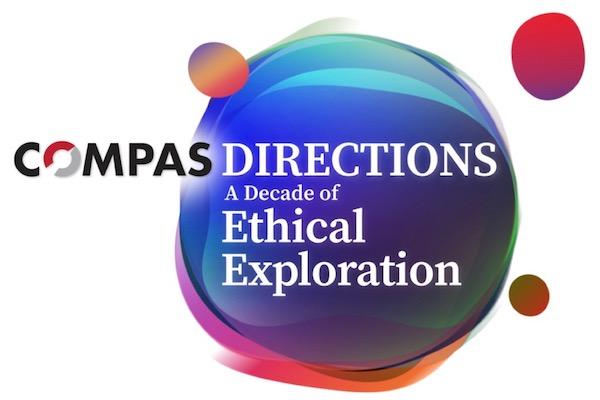
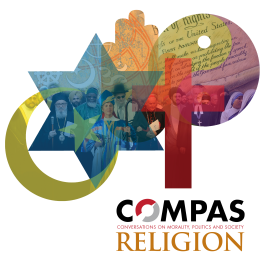
Overview
In the twenty-first century, nations as diverse as Russia, India, Poland, and Turkey have seen a revival of religious politics, and many religious movements in other countries have proved similarly resilient. A new generation of political theologians passionately reformulate ancient religious doctrines to revolutionize modern political life. They insist that states recognize the true religion, and they reject modern liberal ideals of universal religious freedom and church-state separation.
Such efforts are part of a broader "post-liberalism" intellectual movement. In the face of these challenges, should the liberal tradition and democratic deliberation still be defended? What is the appropriate role of religion in the public life of a liberal democracy?
Panelists
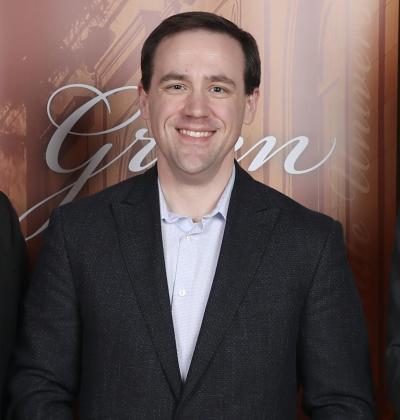
Dr. Kevin Vallier is an Associate Professor of Philosophy at Bowling Green State University, where he directs their program in Philosophy, Politics, Economics, and Law. Vallier’s interests lie primarily in political philosophy, ethics, philosophy of religion, and philosophy, politics, and economics (PPE). His latest book, All the Kingdoms of the World (Oxford UP 2023), addresses religious anti-liberalisms. He is the author of three other monographs, four edited volumes, and over forty peer-reviewed book chapters and journal articles. His books include Liberal Politics and Public Faith: Beyond Separation (Routledge 2014), Must Politics Be War? Restoring Our Trust in the Open Society (Oxford UP 2019), and Trust in a Polarized Age (Oxford UP 2020).
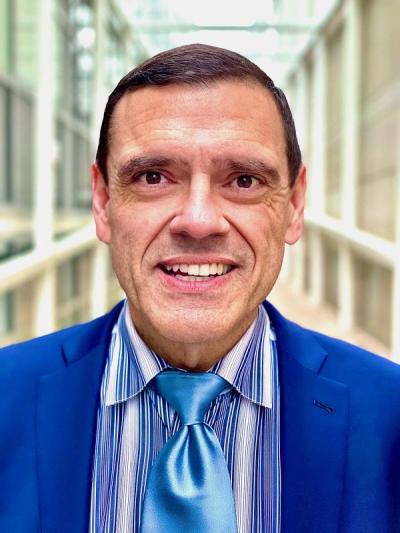
Dr. Michael Neblo is Professor of Political Science and Director of the Institute for Democratic Engagement and Accountability (IDEA). His research focuses on deliberative democracy and political psychology. His most recent book, Politics with the People: Building a Directly Representative Democracy (with Kevin Esterling and David Lazer; Cambridge University Press, 2018), develops and tests a new model of politics connecting citizens and elected officials to improve representative government. He was invited to testify before Congress about these findings. His first book, Deliberative Democracy between Theory and Practice (Cambridge University Press, 2015), cuts across the deadlock between supporters of deliberative theory and their empirical critics by focusing on the core goals of the larger deliberative political system. His work has appeared or is forthcoming in a wide range of academic journals, including Science, The American Political Science Review, Proceeding of the National Academy of Sciences, The American Journal of Political Science, and The Journal of Political Philosophy.
Moderator
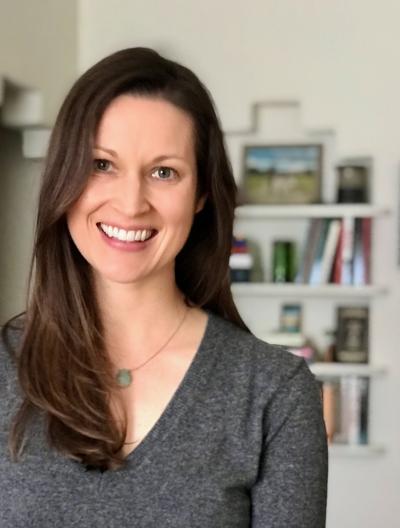
Dr. Kathryn Joyce is CEHV's Civil Discourse Program Director, leading efforts to connect its Civil Discourse for Citizenship program with existing student programs and other partners at Ohio State. Joyce specializes in social and political philosophy, philosophy of education, and ethics. Her main project develops an account of equality in social and interpersonal relationships that emphasizes mutual accountability. Previously, she was a Postdoctoral Research Associate in Values & Public Policy at the Princeton University Center for Human Values and the Princeton School of Public and International Affairs Education Research Section.
